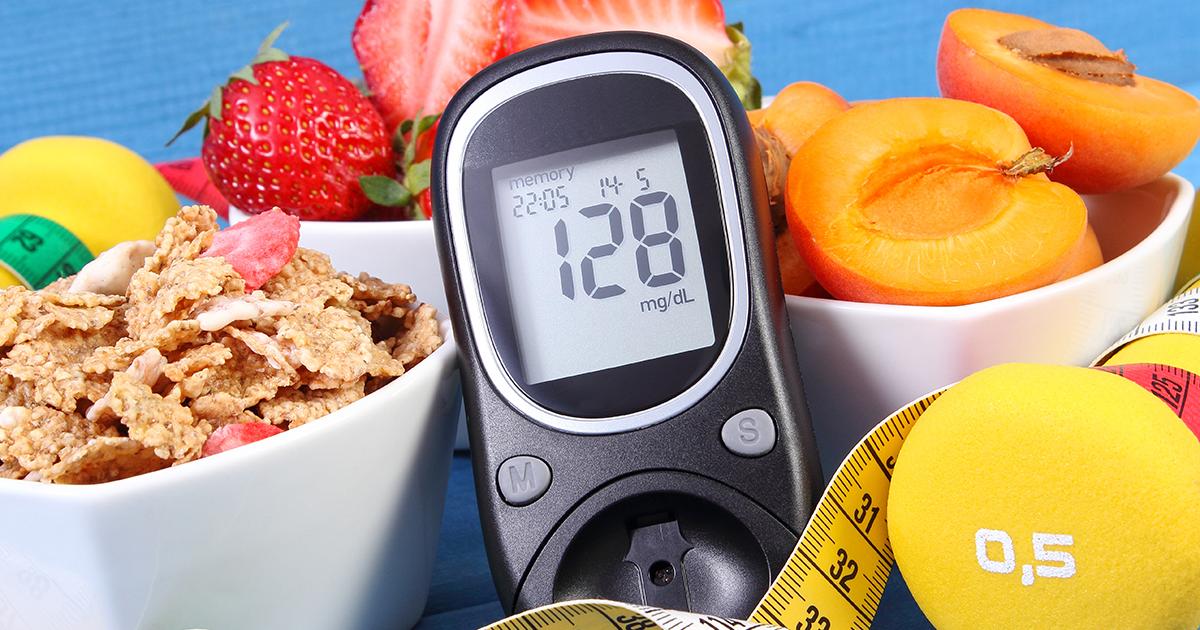Complications Associated With Sleep Apnea
Type 2 Diabetes
If an individual is suffering from sleep apnea, it's possible their body will eventually become resistant to insulin, a hormone that regulates blood sugar. When this hormone is being produced at the right amounts and is working the way it should, the sugar or glucose in an individual's blood will be converted into energy used by the cells in their body. In the event their body becomes resistant to insulin, patients will develop type 2 diabetes, a chronic condition that can't be fully cured, but can be managed. The main symptoms of this type of diabetes include frequent urination, increased thirst, blurry vision, fatigue, regular infections, and dark spots around the neck and armpits. This form of diabetes can lead to many long-term complications, which extend from kidney damage and nerve damage to Alzheimer's disease and hearing impairment.
Continue reading to reveal more sleep apnea complications now.
Increased Risk Of Heart Issues

When affected by sleep apnea, patients will have an increased risk of heart issues if their case of sleep apnea isn't treated. Because sleep apnea causes blood oxygen levels to drop suddenly, a patient's blood pressure will likely increase and their cardiovascular system will be strained as a result, which can cause problems. Some of the heart issues that can occur more frequently because of sleep apnea include recurrent heart attacks, abnormal heartbeats, and strokes. If sleep apnea patients already suffer from heart disease, they should keep in mind multiple instances of lower blood oxygen can lead to death because of an irregular heartbeat. These heart issues are more common among individuals who are already somewhat unhealthy when they begin to suffer from sleep apnea. If affected by heart disease, patients should make sure to see their doctor immediately if they suspect they have developed sleep apnea.
Discover more complications associated with sleep apnea now.
